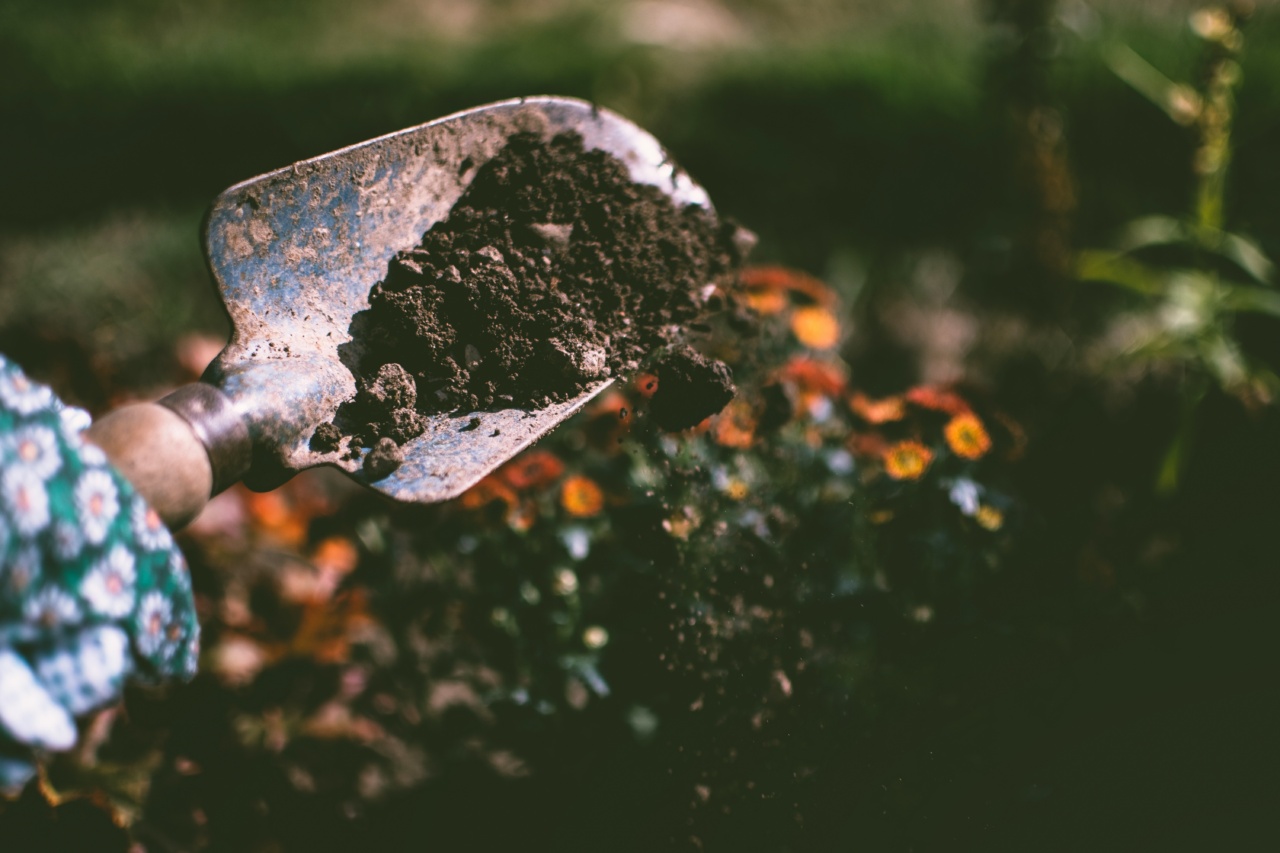As human beings, we all make mistakes. It’s a fact of life that we’ve all experienced, whether it’s a small error or a major blunder that impacts our personal or professional lives.
And with every mistake comes a sense of regret – that feeling of shame, guilt, or disappointment that can linger long after the mistake has been made. But what if we shifted our perspective on mistakes and embraced them instead of shying away from them?.
Our Culture of Perfectionism
One of the reasons why we often struggle with mistakes and regret is our culture of perfectionism. We’re constantly bombarded with messages that tell us we need to be perfect in order to be successful, happy, or accepted by others.
From social media to advertising, the pressure to look, act, and perform flawlessly is everywhere we look. This can lead us to believe that any mistake or misstep is a failure and that we should be ashamed of them.
But the truth is, no one is perfect. We all have flaws, weaknesses, and blind spots that can trip us up from time to time.
And while it’s important to strive for excellence and continuous improvement, it’s equally important to recognize that mistakes are a natural part of the learning process. By embracing our mistakes and using them as opportunities for growth and learning, we can break free of the perfectionism trap and move towards a healthier, more balanced mindset.
The Benefits of Making Mistakes
Believe it or not, there are many benefits to making mistakes. When we allow ourselves the freedom to make mistakes without fear of judgment or shame, we open ourselves up to new experiences, insights, and knowledge.
Here are just a few of the benefits of embracing mistakes:.
1. Increased resilience
When we learn to bounce back from mistakes and setbacks, we become more resilient and better equipped to handle life’s challenges. We develop a growth mindset that allows us to view mistakes not as failures, but as opportunities for growth.
2. Greater creativity
When we give ourselves permission to experiment and make mistakes, we open up our minds to new possibilities and ways of thinking. We become more creative and innovative, as we’re not afraid to take risks and try new things.
3. Deeper self-awareness
Mistakes can be painful, but they can also be powerful teachers. When we take the time to reflect on our mistakes and identify where we went wrong, we gain a deeper understanding of ourselves and our patterns of behavior.
This can help us make better choices in the future and avoid repeating the same mistakes.
The Connection Between Dirt and Regret
The connection between dirt and regret may not be immediately apparent, but bear with me for a moment. Think about the last time you got your hands dirty – perhaps you were gardening, playing with children, or doing some DIY work around the house.
How did you feel? For many of us, getting our hands dirty can be a liberating and invigorating experience. It reminds us of our innate connection to the earth and the natural world.
Regret, on the other hand, is often associated with a sense of separation – from ourselves, from others, and from the world around us. When we feel regret, we often isolate ourselves and withdraw from the world.
We become trapped in our own negative self-talk and self-judgment, unable to see the bigger picture.
But what if we could embrace our mistakes and our humanity, just as we embrace the dirt on our hands? What if we could see our mistakes as an integral part of our journey, rather than something to be ashamed of?.
How to Embrace Mistakes
If you’re ready to embrace your mistakes and move forward with greater wisdom and resilience, here are a few tips to get you started:.
1. Practice self-compassion
When we make mistakes, it’s easy to beat ourselves up and engage in negative self-talk.
But practicing self-compassion – treating ourselves with the same kindness and understanding we would offer to a friend – can help us break free of this cycle. Give yourself permission to be imperfect and recognize that mistakes are a natural part of the learning process.
2. Identify the lesson learned
When you make a mistake, take the time to reflect on what you’ve learned. What went wrong? What could you do differently next time? Focusing on the lessons learned can help you turn a negative experience into a positive one.
3. Embrace uncertainty
Making mistakes can be uncomfortable and uncertain, but learning to embrace these feelings can help you grow and develop. When we step out of our comfort zone and try new things, we open ourselves up to new experiences and possibilities.
Embrace the uncertainty and trust that you have the resilience and resources to handle whatever comes your way.
Conclusion
Dirt and regret may seem like an unlikely pairing, but they share a common theme – our connection to the natural world and to our own humanity.
Embracing our mistakes and learning from them can help us lead more fulfilling and authentic lives, free from the constraints of perfectionism and regret. So go ahead – get your hands dirty, make some mistakes, and embrace the growth and learning that come with them.



























